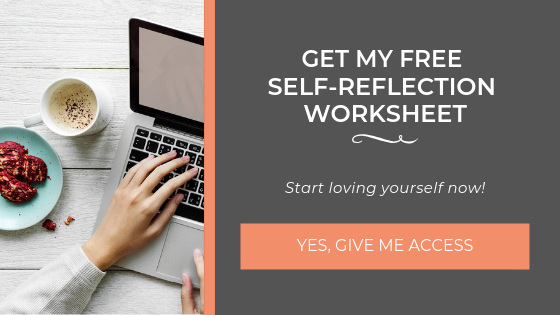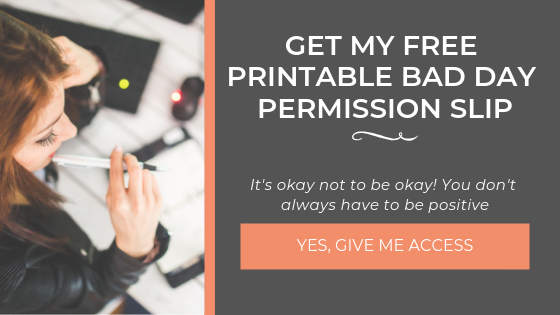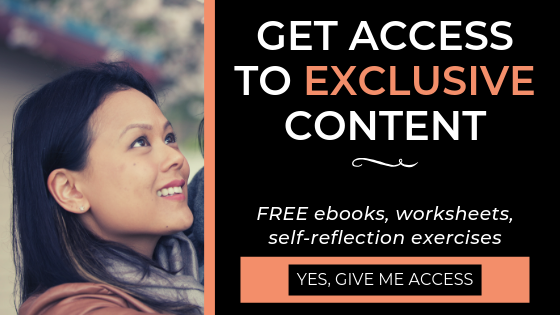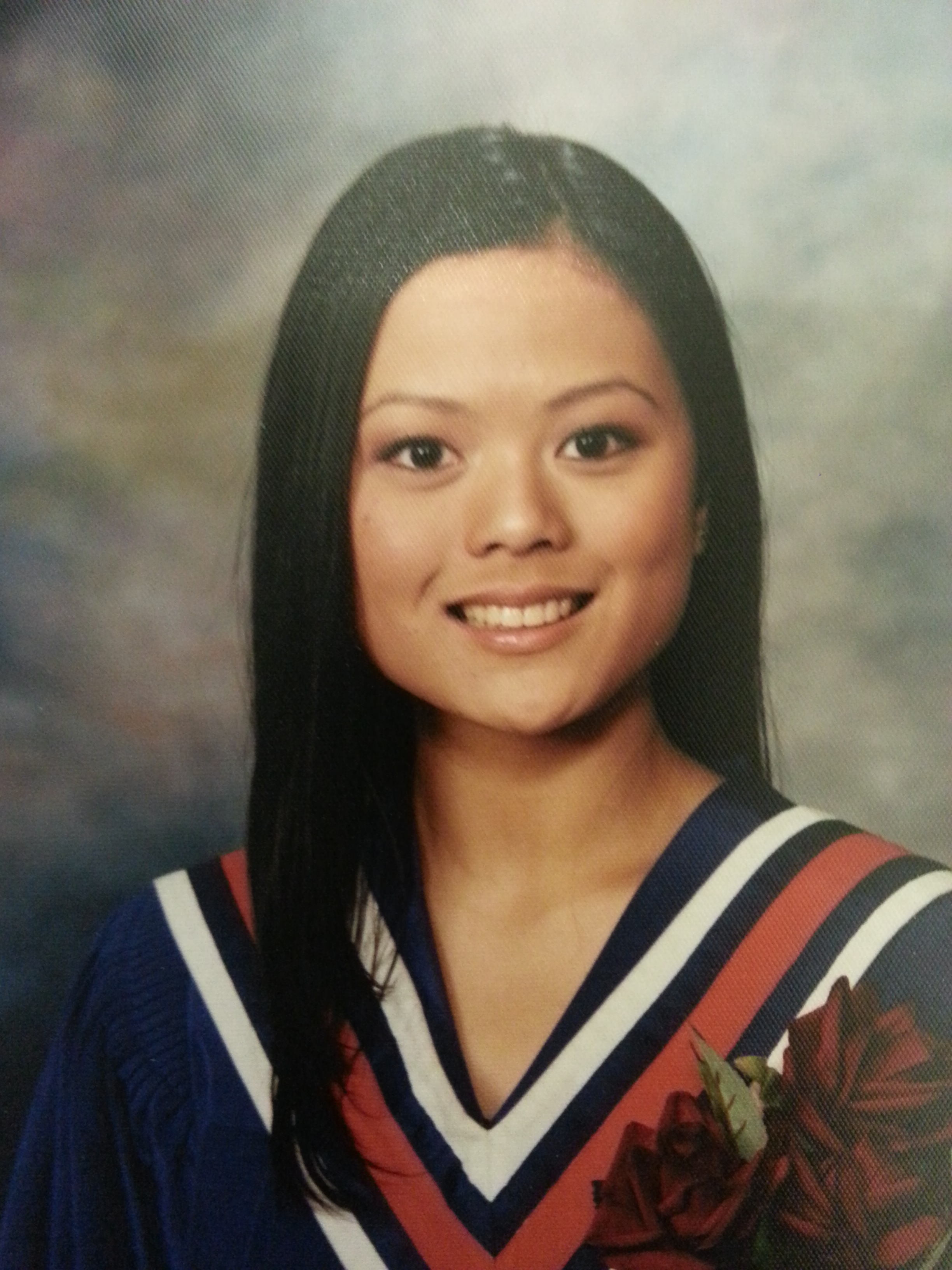
This is the second part of my recovering perfectionism journey. Please check out my first part to get a better sense of my story
Hitting my first rock bottom at the age of 16 made me grow up pretty quickly.
How does a self-destructive teenager with a distorted view of the world climb back up?
**Click Below To Listen Now**
Recovery is a lifelong commitment and I know I am always vulnerable to a relapse.
It came down to constantly doing a mind scrub
Control
Comparisons
Competition
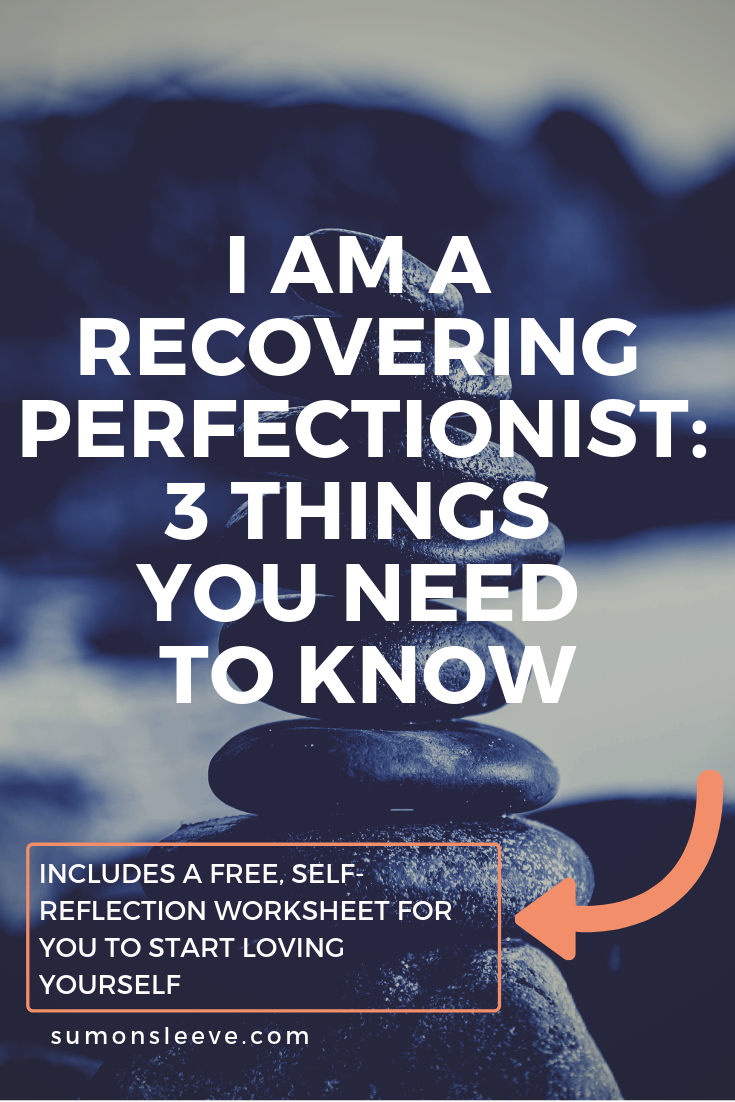
In addition to all the things that happened leading up to grade 10, I also had my first boyfriend.
I become one of those girls who “ditches her friends” once they get into a relationship.
I think everyone knows someone like that.
You know, that girl in your group who just magically disappears one day and gets absorbed into another.
She transforms overnight and her entire identity is officially Girlfriend of X. My social circle was reduced to 1 other person and that was all I needed.
Control
Then at the beginning of grade 11
That relationship ended.
He left me and I was completely alone. I had no friends, just me, myself and I.
I couldn’t control his decision.
That was my first life lesson: although I can’t control other people, I can control myself, my actions and reactions to people.
And by knowing I can only control myself meant I had the power to control my own expectations. I told myself:
You can control what standards you want to meet and you can control how high or low you want them to be at.
You have the power to adjust them within a second’s notice.
Starting Grade 11 meant I had less than 2 years before leaving the petri dish and out into the real world.
I didn’t finish grade 10 at the top of my class and no one cared except me. The world didn’t end and I was still the same person. I didn’t meet that expectation.
So what?
I realized you can control your expectations and change them whenever you damn well feel like it. You can set them as high as you want, knowing that you will be perfectly fine if Iyou don’t meet them dead on.
Although I was mostly alone, I still had some classmates who I could socialize with at that time during school hours to get through the days.
At home, I leaned on my middle sister, having lots and lots of late night conversations.
When I had a sleepless night, I would putter next door to her bedroom, stand by her doorway like a sad puppy and she knew I needed to chat. She became my rock, my sponge of all things dark and my confidant for a lot of deep thoughts.
That sisterhood we have is ongoing. I feel off if we haven’t connected at least once a day. I am extremely grateful for that small support system that I had around me at the time.
Your social circle can help keep you in line, supporting you, lending an ear, provide encouragement and words of advice; however, your path to recovery needs to be self-driven.
I knew I needed to get my shit together on my own.
My thoughts began to switch from “I’m not as good as them” to “I am good enough for me”.
So I learned my first life lesson about control.
Comparisons
The next dirty C was Comparisons. The silver lining with losing all your friends is that you get to be alone with your thoughts and your thoughts ONLY.

And these thoughts can either be toxic with lots of self-hating words or self-reflective with lots of kind words. Although I had so many things to be proud of, all this talent and skill, I was actually a very insecure kid.
Perfectionism at its core is insecurity!
Why was I so insecure?
One of the reasons was that I was constantly comparing myself to my peers for every expectation I set out for myself.
I had a friend who always did better than me at piano and she set the standard for me.
I had another friend who had the perfect body with enviable fashion sense and she was my physical goal.
I had another friend who had all the boys chasing her and I needed to act like her.
I had a friend who started working even before I did and managed her time so effectively, she was at the top of her class.
I saw the things each of these girls excelled at and I wanted to gather their talents and call them my own.
I felt perfection was a mosaic of those areas of excellence and I put a lot of effort and pressure on myself to achieve that.
I set these standards for myself, constantly comparing myself to them in my head, feeling ashamed every time I couldn’t reach their level.
During that rock bottom, I couldn’t compare myself to others anymore because they weren’t there to share their lives with me.
Not knowing how others were doing made me start appreciating myself, my own talents and self-worth.
My thoughts began to switch from “I’m not as good as them” to “I am good enough for me”.
As my self-esteem grew, I stopped comparing; instead of having my worth measured against the talents of my friends, I learned to cultivate meaningful relationships.
I learned how to be a good friend, one who feels just as much joy with their friends’ successes as they do with their own.
See related: 13 Reasons Why I Watched 13 Reasons Why
I became more confident and grateful for all the wonderful things I had in my life: my parents, my sisters, my friends, my house, my meals, my warm bed and most importantly, my health.
I started running. I focused on my breath during these runs. I focused on my mind, my thoughts (the good and bad ones). I ran for the sake of running.
I didn’t run to lose weight.
I didn’t run to look good in jeans.
I ran with a deeper purpose, to feel my lungs burn, to feel those legs work, to feel the wind brush my ears, to feel my heart pound and to feel alive.
Competition
Every run I did, I competed with myself, focusing on improving how I felt after (not the time or distance). So my third lesson was about competition.
Life isn’t about competing with others to be the best; it’s about competing with ourselves to be happier, more resilient, aiming to reach a state of equanimity.
I wrote a lot during this time, about life, death and the purpose of our existence.
Overly dramatic perhaps for a hormone-raging teenager but incredibly therapeutic.
Having built a healthy level of self-esteem, I convinced myself that I mattered because I can offer a lot to society.
I can contribute to this world through the career I choose; I can contribute to this world by becoming a mom and raising happy, healthy, emotionally intelligent children to continue my legacy.
I cannot be self-destructive, cutting myself, throwing up my meals, wallowing in my misery anymore if I wanted to pursue this newly defined purpose.
So when I graduated high school, I gave myself a life mission.
I wanted a rewarding career and I wanted to be a good mom. The career part was my bread and butter.
I mean I wrote my first resume when I was 13. I was going to University to study Biomedical Physiology and Kinesiology.
I knew I was going to Graduate school after and I knew I wanted to work in healthcare.
The mom part for me meant I needed to find a husband…which led to dating.
Trying to find a boy/man who is husband and father material when you’re only 17 was a naive pursuit.
This brings me to the second time I hit rock bottom at the age of 27, learning my fourth life lesson that started with another C,
